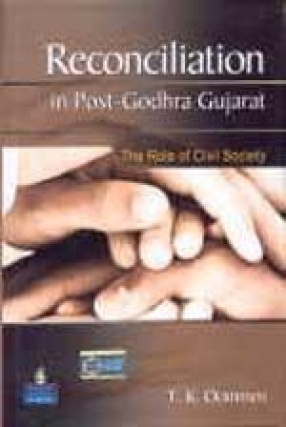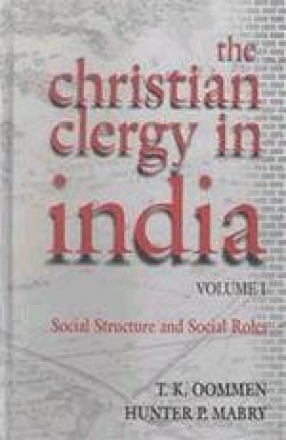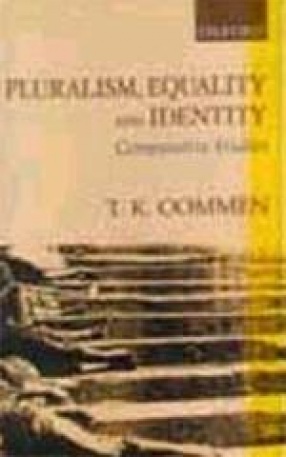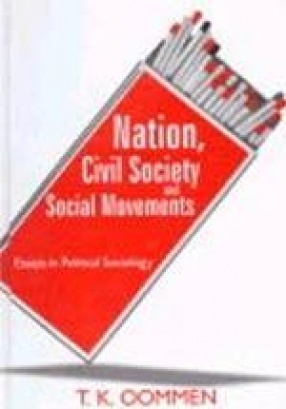Reconciliation in Post - Godhra Gujarat: The Role of Civil Society
Synopsis
Communal violence is often a deliberate product of human design, seemingly provoked by national or religious passions. Attempts to contain it by encouraging ideas of secularism, unity in diversity and composite nationalism have failed to produce the desired results as is evident from the recurring inter-group conflicts, particularly Hindu-Muslim conflicts. To achieve a durable inter-group harmony, there is a need to impart lessons of reconciliation at the grass roots level and involve the participation of the civil society. Professor Oommen has forcefully argued this point in Reconciliation in Post - Godhra Gujarat : The Role of Civil Society. As chair of the Gujarat Harmony Project (GHP), initiated by CARE India and comprising 12 partner NGOs, T.K. Oommen was closely associated with the rehabilitation programme in Post-Godhra Gujarat. While there were numerous attempts to provide relief and rehabilitation in post-riot situations, none of them were specifically aimed at reconciliation. In this regard, the GHP's role--with its focus on reconciliation along with re-building livelihood, as well as psychological healing and therapy among the victims of the 2002 Gujarat Carnage -- can be viewed as an 'innovative intervention'. This book records the efforts launched by the GHP and challenges faced by it in building inclusive communities. In the process, Oommen has analyzed the dynamics of communal violence by situating the description of the carnage in a historical context and providing a detailed socio-political profile of Gujarat.
Read more
40.50
36.45
$
45.00 $
Free delivery Wolrdwidе in 10-18 days
Ships in 1-2 days from New Delhi
Membership for 1 Year $35.00
Get it now and save 10%
Get it now and save 10%
BECOME A MEMBER
Books by the same author











Bibliographic information